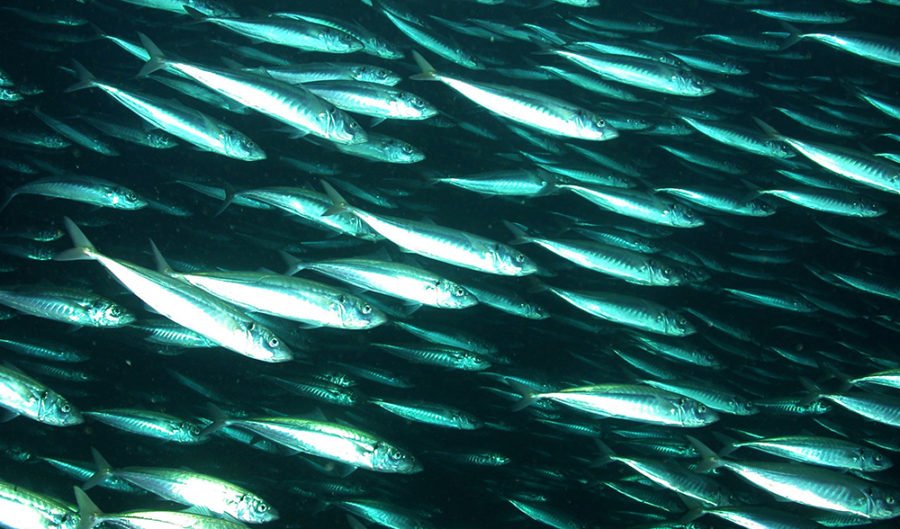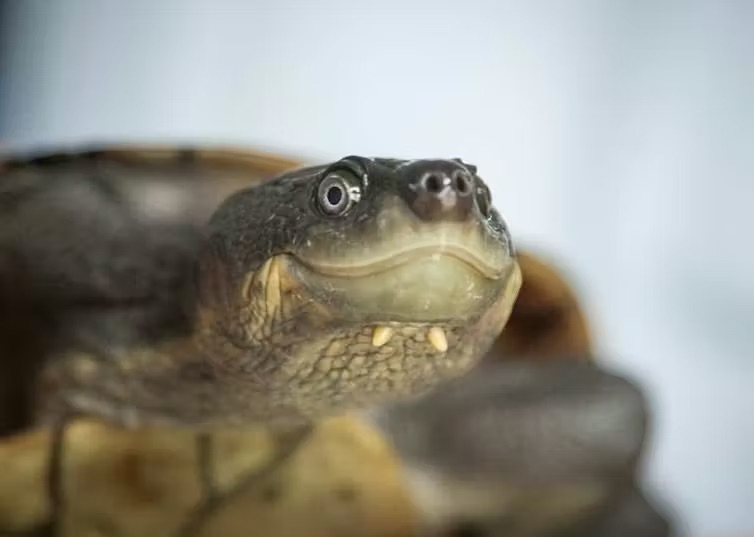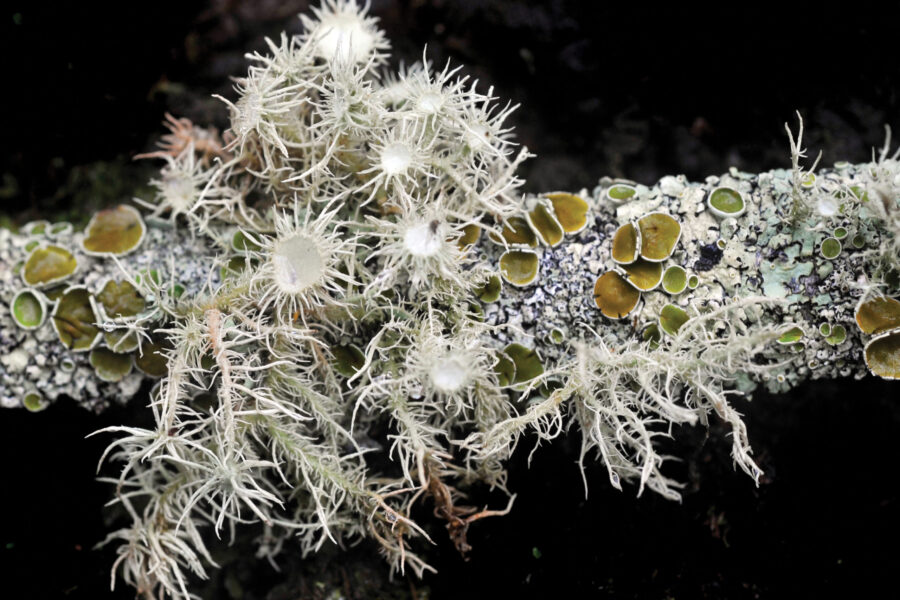Rising CO2 predicted to make fish ‘drunk’

FISH ARE LIKELY to become ‘intoxicated’ and disoriented by rising CO2 concentrations much earlier than previously thought, according to new research.
While scientists have long known that the burning of fossil fuels is leading to acidification of the world’s oceans, this latest research – published in Nature – is the first to take into account seasonal variations of CO2 concentrations and combine this with future emissions projections.
Although appearing drunk, the fish will actually be suffering what scientists call ‘hypercapnia’, a condition resulting from a build-up of CO2 in the blood. In fish, this occurs when carbon dioxide concentrations in the ocean exceed 650 parts per million.
The researchers, from the University of NSW, Sydney, claim that by 2100, CO2 concentrations in various oceanic regions will be amplified by up to 10 times current levels and creatures in up to half of the world’s oceans will be affected by hypercapnia.
“If atmospheric carbon dioxide pollution continues to rise, fish and other marine creatures in CO2 hotpots in the Southern, Pacific and North Atlantic oceans will experience episodes of hypercapnia by the middle of this century – much sooner than had been predicted, and with more damaging effects than thought,” said Ben McNeil, a climate scientist at UNSW and lead author of the paper.
VIDEO: Hypercapnia – why intoxicated fish isn’t as funny as it sounds. Source: UNSWTV
All at sea
Elevated CO2 concentrations have previously been shown to interfere with the functioning of neuroreceptors in the brains of fish. This ‘intoxicated’ state can cause fish to become unaware of or even attracted to predators, disorientated, or unable to remember which school of fish they belong to. Essentially, the fish become lost at sea, and this could have serious repercussions for the world’s fisheries.
“Very little research has been done on open-ocean species and we just don’t know how many of these fish will react to elevated CO2 levels,” commented Philip Munday, an ecologist at James Cook University, Queensland.
Most studies to date have looked at how coral reef species will react to the changes, but “there is a big variation among species in how they react, some are extremely sensitive and others more resilient,” said Philip, who wasn’t involved in this recent UNSW research.
Earlier research had previously shown Atlantic Cod (Gadus morhua) were able to detect water with elevated CO2 levels and seemed to have some resilience to its effects.
In an attempt to further research into this area, the authors of the paper are offering prizes to anyone who can formulate a better model to predict when hypercapnia will occur.




